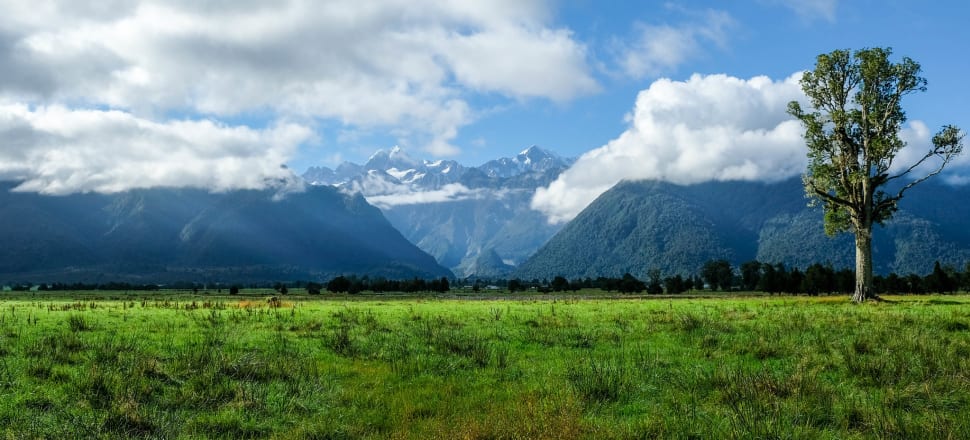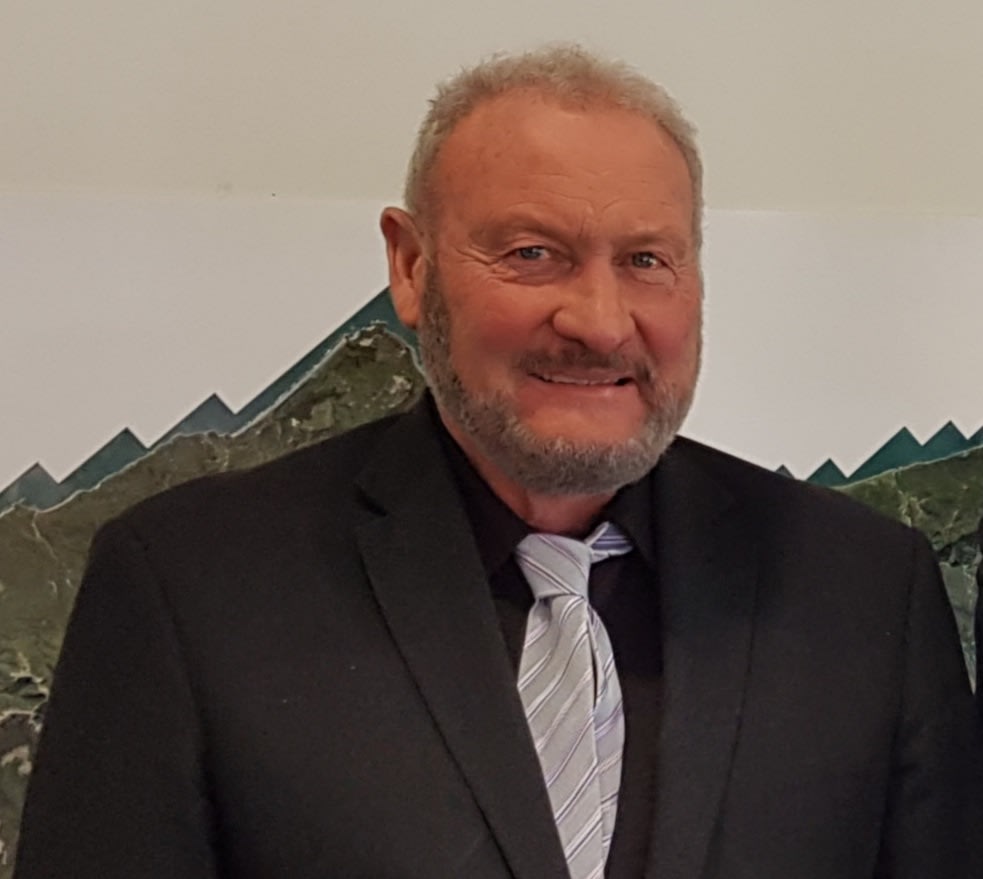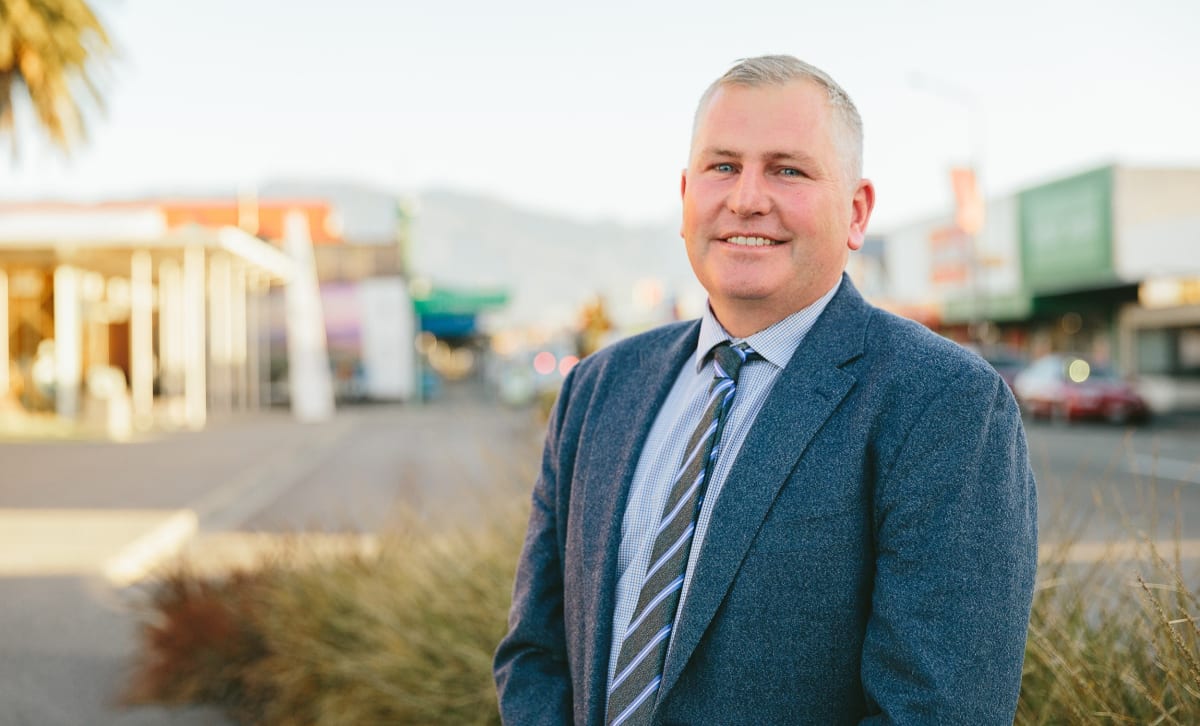
A regional council head who wants to spare ratepayers the inconvenience of statutory land rules is ready to abandon a Local Government Commission-mandated planning document
Three million dollars and three years of work by West Coast councils will be down the drain if regional council head Allan Birchfield has his way.
The Greymouth gold miner was reinstalled as chair by a unanimous vote at the first meeting of the new-look and all-male council this week.
High on his to-do list is the scrapping of the recently notified Te Tai o Poutini plan that coast councils and planners have been labouring over amid much angst since 2019.
“To me it’s a disaster. I’m taking calls daily from people about the impact on their property. They suddenly find they’re in a hazard zone, they have an outstanding natural landscape - an SNA - or a site of significance to Māori and they’re worried sick.

“It’s causing a lot of heartache and I want the whole thing withdrawn and done again properly.”
“Properly” for Birchfield means allowing people to do pretty much whatever they like on their own property and not applying pesky labels to land that might restrict its use.
“That’s what we asked the planners to do but they took no notice of us. They just went ahead and wrote what they wanted,” he says.
Mandated plan
The saga began in 2019 after the Local Government Commission ordered the regional council to oversee the writing of a combined plan for the coast’s three district councils and collect rates to pay for it.
The planners, whose diplomacy has been much in evidence over three years of meetings, say they’ve done their best to write rules that enable development and the aspirations of West Coasters.
But they’ve had little choice when it comes to matters of law: the government now requires the mapping of SNAs and places of significance to Māori, for instance.
If that’s the case, Birchfield argues, what’s the point of elected councils?
“We’re chosen by the people to do the job the way they want it done and we can’t because the government gets in the way.”
His defiant stance is popular judging by the strong support he and like-minded regional councillors attracted in the recent elections, and he’s working on rallying support from them.
But the Tai Poutini Plan committee is made up of representatives of all four West Coast councils, and iwi, with an independent chair appointed by the government.
And others are in no mood to go back to the drawing board.
Birchfield has fallen out with Grey District Mayor Tania Gibson over the issue, he admits.
Gibson says she’s unhappy with about 10 percent of the plan - such sections as that on biodiversity that implement government policy.
“People have put a lot of work into this plan and because of the timing we’re the first council that’s having to deal with this stuff.
“But taking a tough stance could be to the detriment of the ratepayers. It’ll just go to the Environment Court and the court will make even tougher rules and we’ll lose all control.”
Buller Mayor Jamie Cleine says there’s no point trying to defy government policy, or statute.
“It’s not like we want to do this stuff, it’s that we have to. The only way to challenge things like the biodiversity rules would be to take the government to judicial review. That’s the way a civilised society works.”
Pulling the plan at this late stage is probably not legally possible, Cleine says.
“It’s been publicly notified, it’s now part of a statutory process and it’ll be up to commissioners to determine any changes, not the councils.”
Submitters have a say
And there could be changes to the plan based on public submissions, Cleine says.

“We know there were problems with some of the maps, like the sites of significance to Māori. But apart from some burial grounds, these don’t have any rules attached for landowners. They’re simply there for the record as places of historic or cultural interest to manawhenua.”
Having a chapter of the plan devoted to those sites is now a statutory obligation for all councils and Poutini Ngāi Tahu had to do the work, Cleine says.
Birchfield’s idea of rebooting the plan could backfire, he warns.
“We need to get this done and be ahead of the game before more stringent Resource Management Act rules come in. It would be a real risk to restart it all now.”
Newly elected Westland Mayor Helen Lash says there’s widespread unease among Coast landowners about the plan and she’s undecided about the best course of action.
Iwi, though, are in no doubt.
Ngāti Waewae chair Francois Tumahai says it would be madness to ditch the plan now.
“We can’t do that - there's been too much good work put in to date so it would be terribly irresponsible of the committee to attempt to exit the process now.”
And then there’s the cost.
Project manager Jo Armstrong says the small planning team managed the three-year task on a shoestring budget.
“We tried to keep costs down as much as we could. We’d never get it done again for $3 million.”
Birchfield is unfazed by the prospect of added costs.
“There’s no point throwing good money after bad,” he says.
Submissions on the plan, which so far number about 100, close on November 11.
Made with the support of the Public Interest Journalism Fund








